About The National Center for Appropriate Technology
The National Center for Appropriate Technology or NCAT has been helping people build resilient communities through local and sustainable solutions that reduce poverty, strengthen self-reliance, and protect natural resources since 1976. NCAT is a trusted, practical connector for individuals and businesses who are working to leave our world better than we found it.
We do this work through a trusted knowledgebase, providing individualized technical assistance, facilitating practical solutions, and connecting people with each other to support sustainable agriculture and clean energy systems.
Headquartered in Butte, Montana, NCAT has field offices in Arkansas, California, Idaho, Kentucky, Mississippi, Montana, New Hampshire, New Jersey, North Carolina, Pennsylvania, Texas, and Utah.
History
NCAT was created in response to the energy crisis of the 1970s to develop appropriate, low-cost, energy-saving strategies for underserved communities. In 1987, NCAT expanded its mission to include sustainable agriculture.
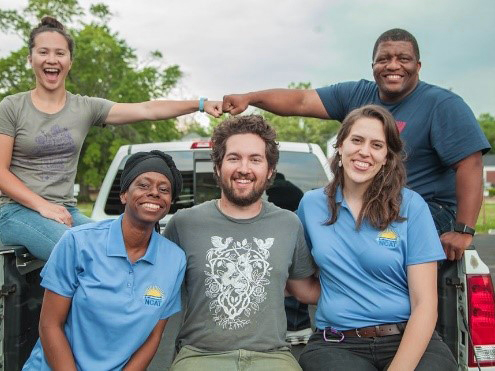 The “appropriate technology” movement started in the 1960s following a period of heavily-funded “high technology” after WWII. With roots in the United States and Great Britain, the term “appropriate technology” featured five key elements, all of which remain core to NCAT’s mission:
The “appropriate technology” movement started in the 1960s following a period of heavily-funded “high technology” after WWII. With roots in the United States and Great Britain, the term “appropriate technology” featured five key elements, all of which remain core to NCAT’s mission:
Small-scale
Simple to use and operate
Low-cost and labor intensive
Local or decentralized
Environmentally sound
Commitment to Racial Equity
NCAT’s work brings together diverse partnerships and communities to help reduce poverty and protect our natural resources. We strive to be a multicultural organization that embraces the rich dimensions of diversity, and we partner with vulnerable communities of color engaged in food systems and energy solutions. NCAT works in partnership with low-income and historically underserved communities of color to build resilient communities.
NCAT Executive Team

Fred Bahnson

Virginia Kashdan
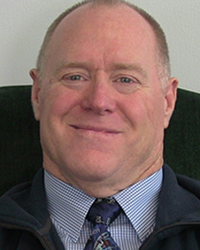
Jeff Amerman
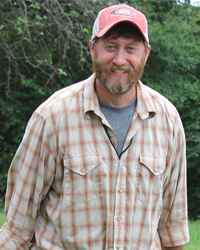
Andy Pressman
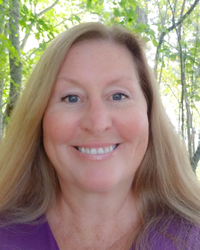
Stacie Peterson

Kriss Sullivan
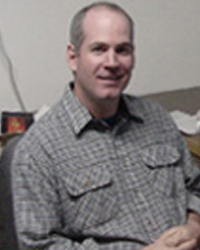
John English
Board of Directors
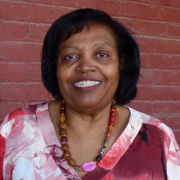
Jacqueline Hutchinson, Chairwoman

Margaret Krome, Vice Chair

Carol Werner, Secretary

Brian Castelli, Treasurer
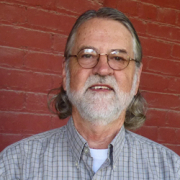
John Colgan

Will Crossley, Jr.
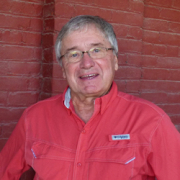
Jerry DeWitt

Phal Mantha
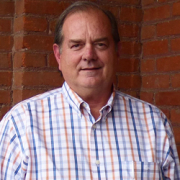
Duke Williams


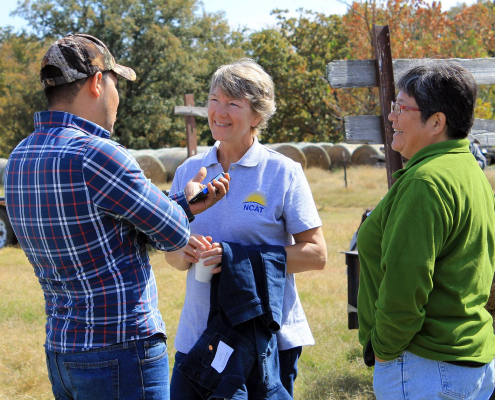


 Ernst Friedrich Schumacher’s book “Small is Beautiful: Economics as if People Mattered” was released, fueling the Appropriate Technology movement in the U.S.
Ernst Friedrich Schumacher’s book “Small is Beautiful: Economics as if People Mattered” was released, fueling the Appropriate Technology movement in the U.S. 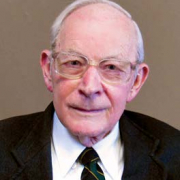 Dr. Jerry Plunkett, who founded the Montana Energy Research & Development Institute received a $110,000 planning grant from the federal Community Services Administration to explore the idea of establishing a center for appropriate technology. Plunkett and his planning committee, Eugene
Dr. Jerry Plunkett, who founded the Montana Energy Research & Development Institute received a $110,000 planning grant from the federal Community Services Administration to explore the idea of establishing a center for appropriate technology. Plunkett and his planning committee, Eugene 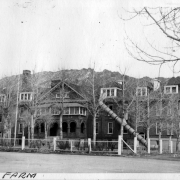 By early 1977, NCAT moved into the vacant
By early 1977, NCAT moved into the vacant  NCAT began a program
NCAT began a program  Solar panels
Solar panels  NCAT
NCAT 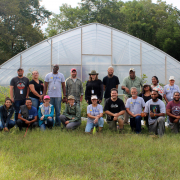 NCAT created Armed to Farm, a sustainable agriculture training program for military veterans. Armed to Farm was developed through
NCAT created Armed to Farm, a sustainable agriculture training program for military veterans. Armed to Farm was developed through 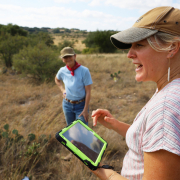 NCAT’s Soil for Water network expanded to include commercial farmers, ranchers, and land managers in all 50 states.
NCAT’s Soil for Water network expanded to include commercial farmers, ranchers, and land managers in all 50 states.  NCAT launched the nation’s first
NCAT launched the nation’s first